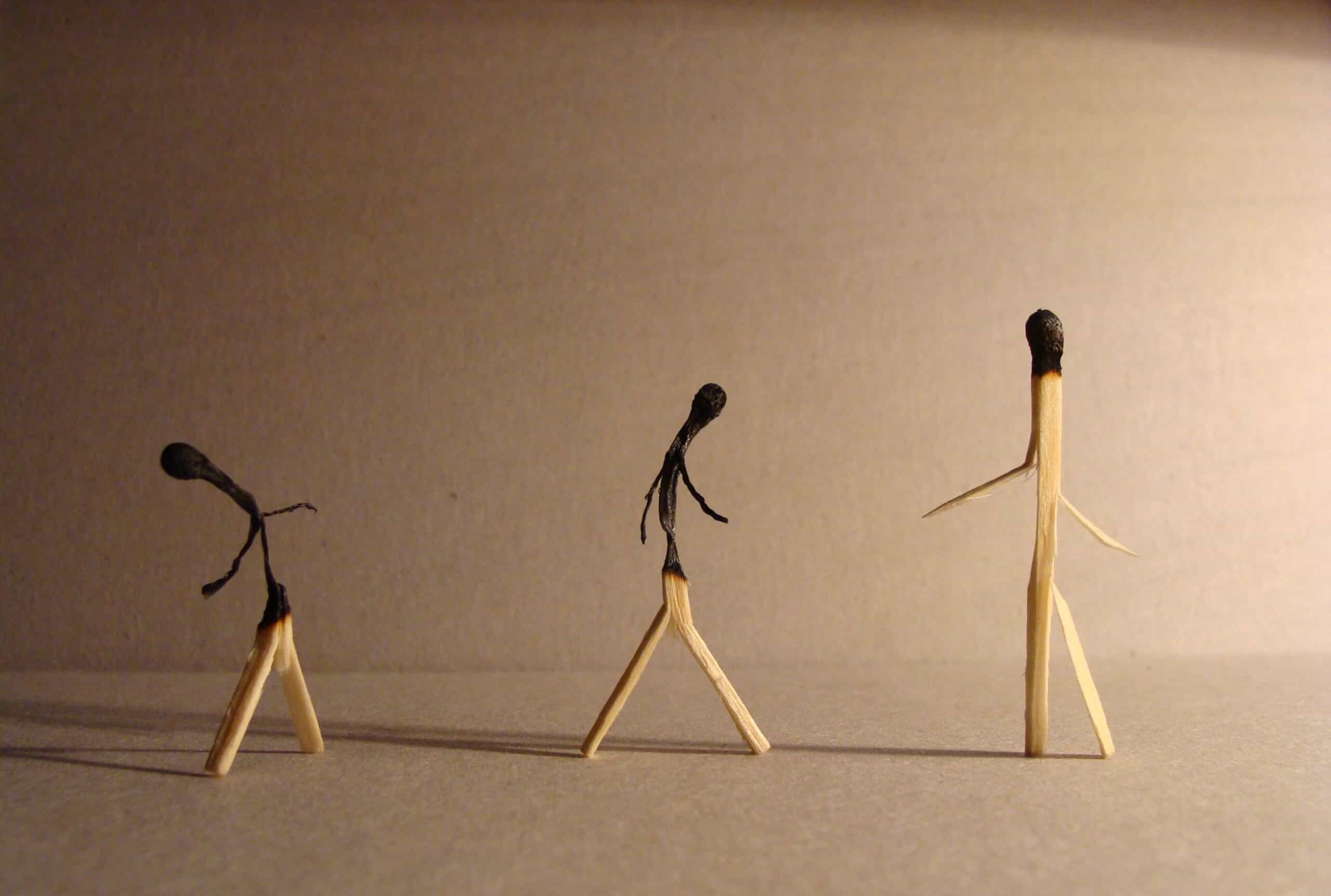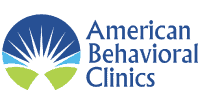
If you manage to keep it together most of the time but have trouble feeling positive about yourself and the activities around you, you may have high-functioning depression. Use this checklist to see if these things apply to you.
• You see the bad in most situations
• Friends and family describe you as gloomy
• You never seem to have extra energy
• Coworkers would describe you as lackadaisical
• You do not like yourself
• You find it difficult to accept a compliment
• You constantly are putting yourself down mentally
• Your desire for food changes regularly
• You often feel hopeless
• You often cry or want to sob
• Your performance at work or school is acceptable
• Alcohol is a great temptation
• You think about using drugs
• You sleep too much or suffer from insomnia
• You often feel angry or irritable
• You tend to be argumentative
• You try different coping strategies to try to feel better
If you find that many of these statements adequately describe you, then you may have high-functioning depression.
Dysthymia
You are not alone. About 5% of people in the United States have dysthymia, which is the medical term for high-functioning depression. To be diagnosed with dysthymia, your symptoms must last at least two years.
Help is Available
There are many types of help available. Often talking to a trained counselor is enough. Psychologists sometimes prescribe different medications because changes in your brain’s chemistry cause depression. Some people find that practicing self-care techniques at home helps them feel better. Since exercise releases mood-boosting hormones in your body, exercise can be beneficial.
Supporting Someone With High-functioning Anxiety
If you have a friend or family member with high functioning depression, then there are things you can do to help. Let them express how they are feeling. Encourage them to start living a healthy lifestyle. Try to get them to see a medical doctor because other medical problems n be causing the changes in the brain’s chemistry. Know that the person must be ready to get help before any treatment helps.
We are here when you are ready to receive treatment. Let’s talk about the possibilities very soon. You do not have to continue living in a state of depression!
Existing Patients and New Patients, Call us to schedule an appointment, get a prescription refill or just to ask a question:
New Patients ONLY - Want to contact us through a form? CLICK HERE to fill out our contact form.





